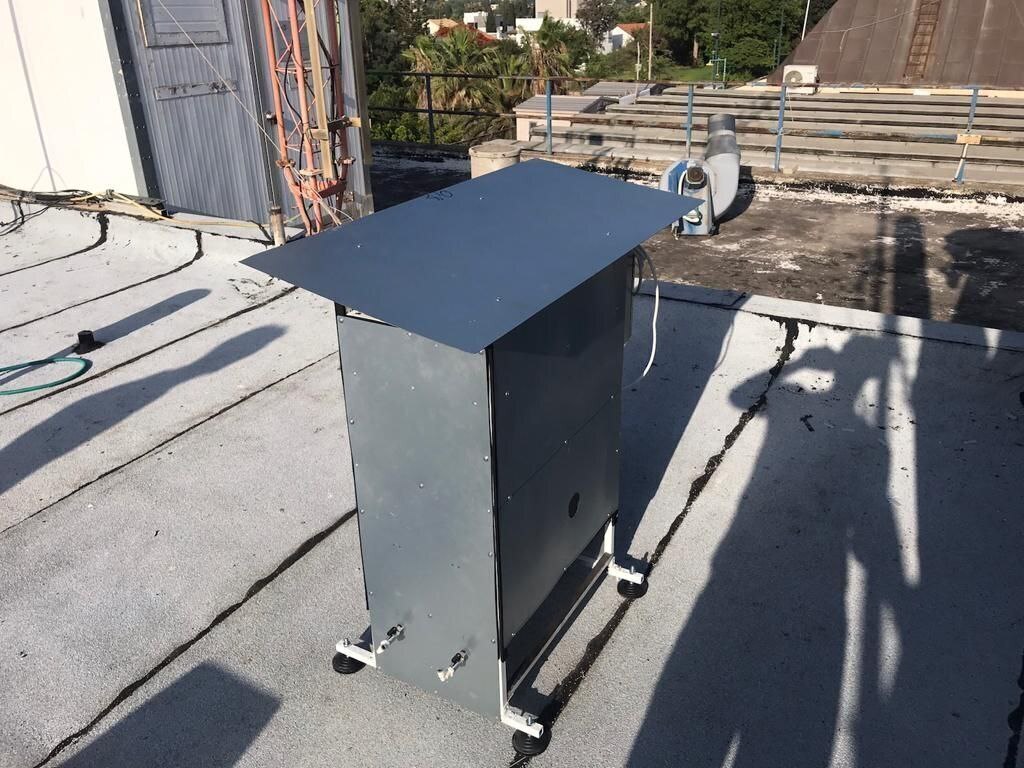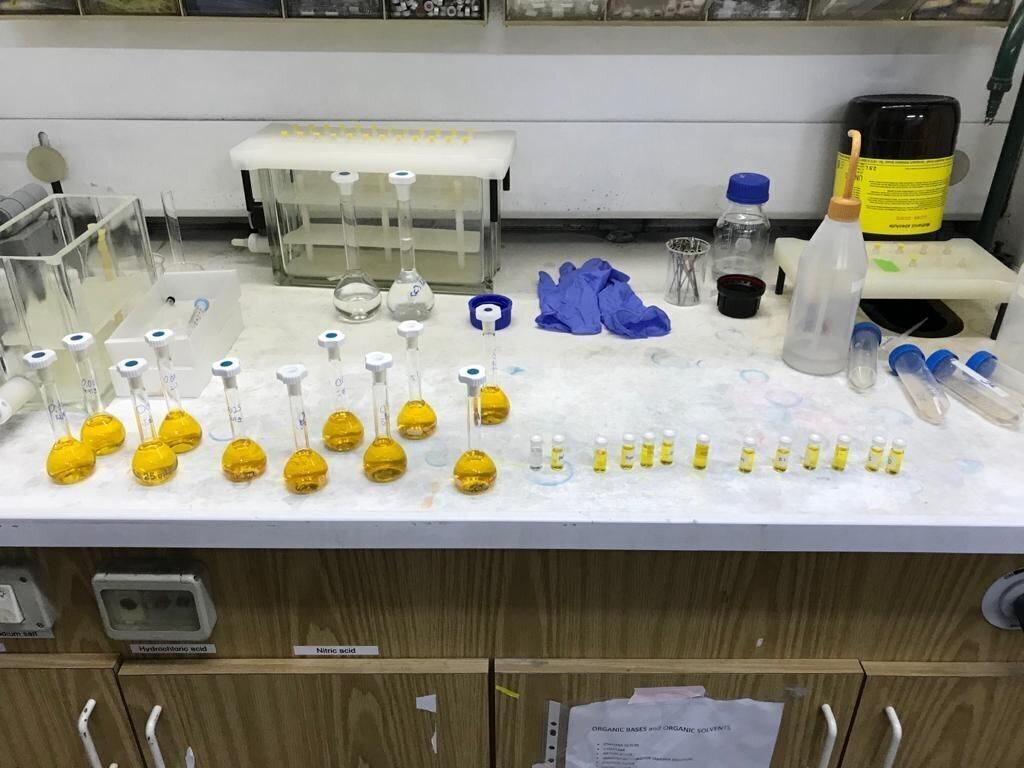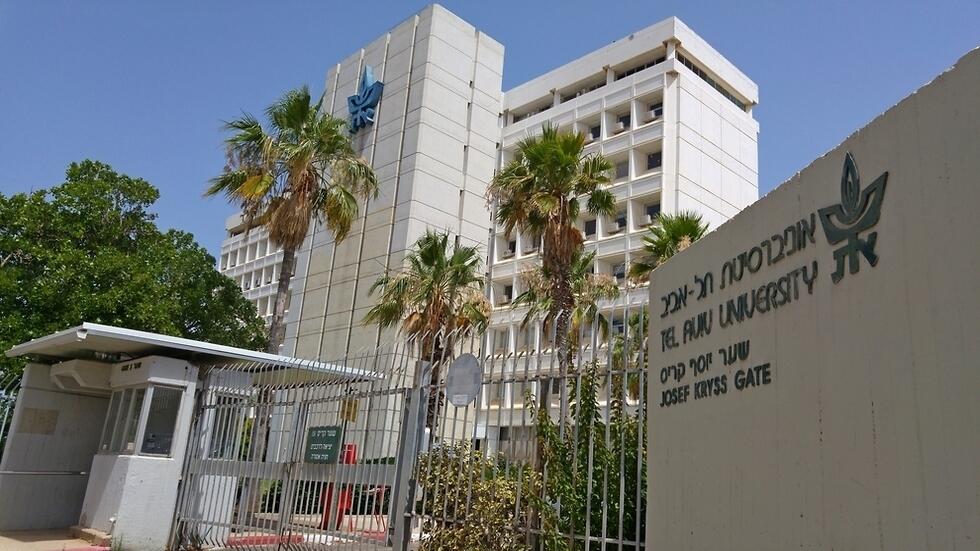Getting your Trinity Audio player ready...
Lovers of Israel's cultural, fashion and economic hub can now literally drink in the air of Tel Aviv, thanks to a new study at the city's university.
The Tel Aviv University research published Tuesday shows water extracted from the air in the bustling metropolis is potable and meets the strictest regulatory standards.
In a first of its kind study, the water that was extracted in an urban area of Tel Aviv was found to be in compliance with regulatory standards of the World Health Organization.
The study that included the use of technology developed by Watergen, was conducted on university grounds by a team of experts from the Porter School for Environmental Studies' hadrochemical lab and was published in the Water and the Science of the Total Environment journals.
Watergen's GENius heat exchange technology uses condensation as a means of producing fresh water in an energetically efficient way.
The researchers said theirs was the first comprehensive analysis of the chemical profiles of water produced for several months by an AWG in Tel Aviv, with analysis performed on 25 of the 64 water samples.
In their remarks at the conclusion of the study, the researchers said their method of extracting atmospheric water can provide safe drinking water both day and night throughout the year.
It can, they said, be a potential source of potable water, "which may assist in dealing with the severe water scarcity existing across the globe, and specifically in remote and inland regions."
4 View gallery


Water extracted from the air is stored at Tel Aviv University
(Photo: Tel Aviv University)
Ofir Inbar, who led the research team, said they found a direct correlation between the level of ammonia, acidity, nitrogen and sulfur dioxide in the air and their presence in the water.
"Air pollution can impact the quality of water but not considerably," he said. "We also found that atmospheric water lacked sufficient level of calcium and magnesium that should be added to it."
Much of the water consumed by Israelis is sea water treated by desalinization and in Inbar's view provides only a partial solution to the water needs of the country and could not meet the needs of the entire planet.
"Since such a water source would require access to the sea and the infrastructure to deliver it from the desalinization plans, many countries around the world would be unable to meet the economic and engineering challenge," Inbar said.
"Our solution enables the production of water anywhere and anytime and does not rely on precipitation levels," he said adding that high temperatures and increased levels of humidity could mitigate some of the costs.
4 View gallery


Tel Aviv University lab tests quality of water extracted from air
(Photo: Tel Aviv University)
"Our study showed that usable reliable water could be produced in urban areas and we are now expanding our study to other parts of the country including the Haifa port area [where much of Israel's petrochemical industry is located] and agricultural areas to examine the affect of different pollutants on the water quality," he said.



